
In Space We Read Time: On the History of Civilization and Geopolitics
Karl Schlogel and Gerrit Jackson
Book
History is usually thought of as a tale of time, a string of events flowing in a particular...
The Life and Times of Moses Jacob Ezekiel: American Sculptor, Arcadian Knight
Book
The Life and Times of Moses Jacob Ezekiel: American Sculptor, Arcadian Knight tells the remarkable...
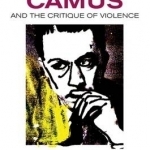
Albert Camus and the Critique of Violence
Book
The temptation to resort to violence runs like a thread through Albert Camus works, and can be...
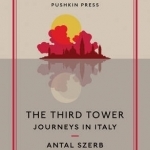
The Third Tower: Journeys in Italy
David Pearson, Antal Szerb and Len Rix
Book
A typically brilliant, ironic and moving travelogue by one of the twentieth century's greatest...
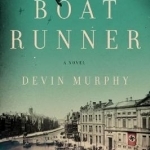
The Boat Runner: A Novel
Book
In the tradition of All The Light We Cannot See and The Nightingale, comes an incandescent debut...
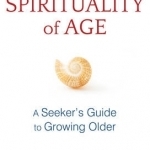
The Spirituality of Age: A Seeker's Guide to Growing Older
Robert L. Weber and Carol Orsborn
Book
As we enter the years beyond midlife, our quest for an approach to aging takes on added urgency and...
ClareR (6062 KP) rated A Shadowed Livery (Inspector James Given Investigations #1) in Books
Sep 16, 2019
I very much enjoyed this - the style in which it was written felt just right for the time period, and there was great attention to detail. I liked how Given’s background is revealed as the story progresses, and how relevant it was to the time in history.
The mystery itself had me guessing up to the end, and it has a great ending! I love it when I’m kept guessing to the final pages. DI Given is a very likeable character, if a little naive in some ways - but that’s rather nice really. It lends him that human touch.
I’ll be interested to see what happens in the second book as we edge closer to war. I’d like to see how DI Given gets on!
Many thanks to Sapere Books for my copy of this book to read and review. I will be preordering the next book for when it comes out next month (October 2019)!
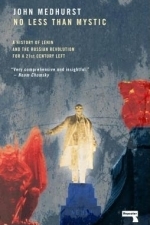
No More Than Mystic
Book
Published in the centenary year of the 1917 Russian Revolution, No Less Than Mystic is a fresh and...
Russian Revolution
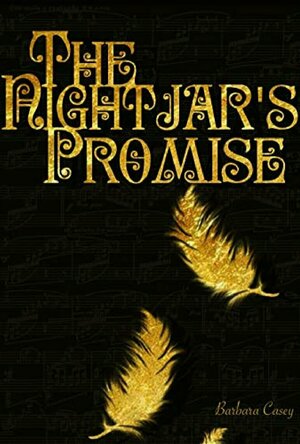
The Nightjar's Promise (The F.I.G. Mysteries #4)
Book
Jennifer Torres, one of the three FIGs (Females of Intellectual Genius) who is a genius in both...
Mystery

Nest of the Monarch (Dark Talents #3)
Book
Kim Tavistock, undercover in Berlin as the wife of a British diplomat, uncovers a massive conspiracy...

